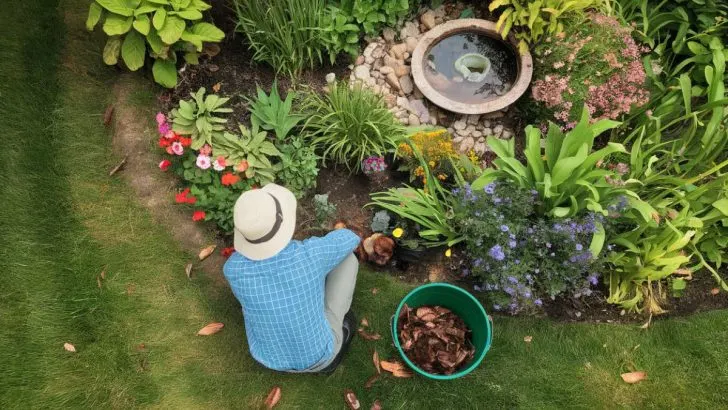Gardening isn’t just about getting your hands dirty and growing your own food. It’s a transformative journey that has been cherished by humans for thousands of years.
While ancient civilizations depended on gardening as a means of survival, today’s modern gardeners find themselves nurturing their bodies and minds in ways they might not even realize.
With a plethora of benefits backed by scientific research, gardening can improve your health and well-being in ways that make it more than just a hobby—it’s a lifestyle choice that could be the key to a healthier, happier life.
Imagine stepping into your garden, feeling the soft, cool earth between your fingers, and inhaling the fresh aroma of blooming flowers. It sounds like a scene from a wellness retreat, but you can experience this right in your own backyard!
Not only does gardening provide the satisfaction of harvesting your very own vegetables and flowers, but it also offers an array of health benefits that can positively impact your physical and mental health.
1. A Workout for the Brain: Cognitive Stimulation
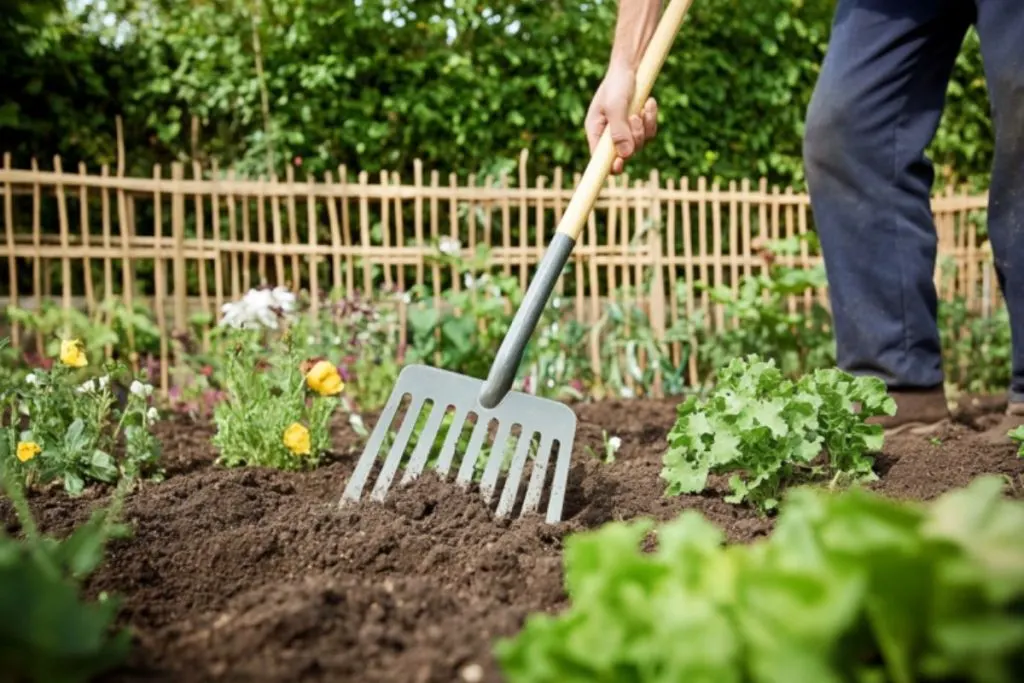
Gardening is like a gym session for your brain! A study from the International Journal of Environmental Research and Public Health highlights that engaging in gardening activities like planting, watering, and digging can enhance cognitive health. How?
These activities increase levels of nerve growth factors such as brain-derived neurotrophic factor and platelet-derived growth factor, which are pivotal for memory retention and overall brain function. So, next time you’re battling forgetfulness, it might just be time to roll up your sleeves and get into the garden.
Think of your garden as a vast puzzle, where every plant nurtured, every weed pulled, is a piece snapping into place in the larger picture of cognitive fitness. So, while you’re out there avoiding the sunburn and perfecting your zucchinis, your brain’s having a field day too!
2. Stress Buster: Cultivating Calmness
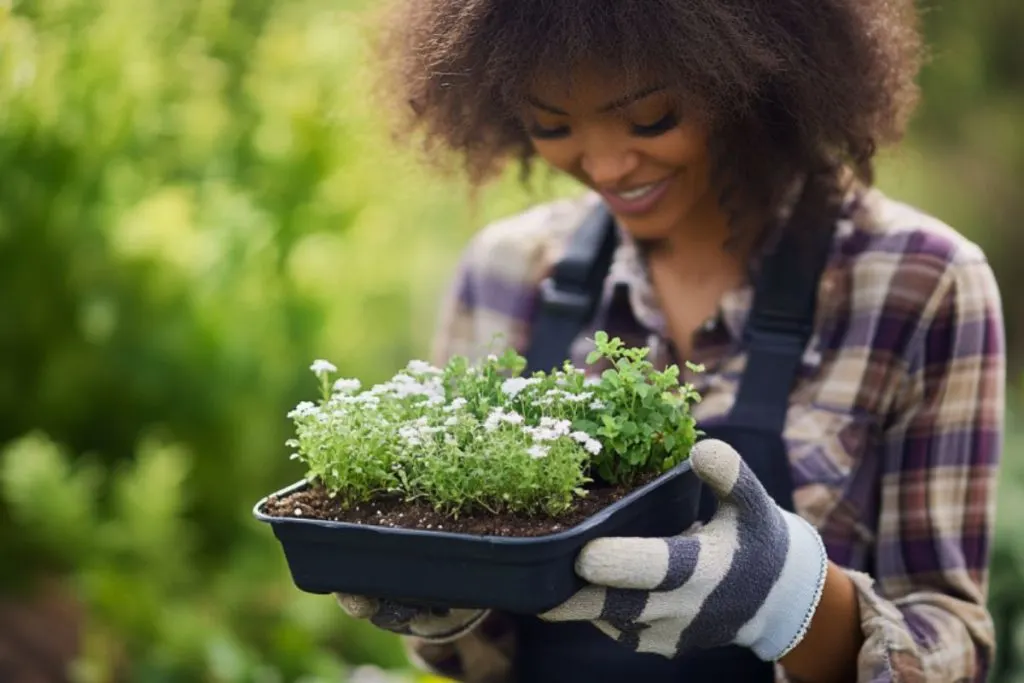
Gardening is your personal escape into tranquility, a remedy that washes away stress like a gentle rain cleanses the earth. Scientific studies have shown that an afternoon spent amid nature’s splendor can significantly reduce cortisol levels—the very hormone linked to stress.
A 2011 study found that participants who gardened experienced a more positive mood and felt significantly less stressed than those who chose indoor activities.
Picture this: the gentle rustle of leaves, the warm kiss of the sun on your cheeks, and the whisper of the wind as you tend to your plants.
It’s no wonder that gardening is hailed as a natural stress reliever! It’s the perfect excuse to disconnect from the hustle and bustle and reconnect with the calm that nature offers so generously.
And remember, every seed you sow and every flower you prune is a tiny step toward tranquility, a therapeutic ritual that soothes the mind and nurtures the soul.
3. Nutritional Goldmine: Eat Fresh, Live Well
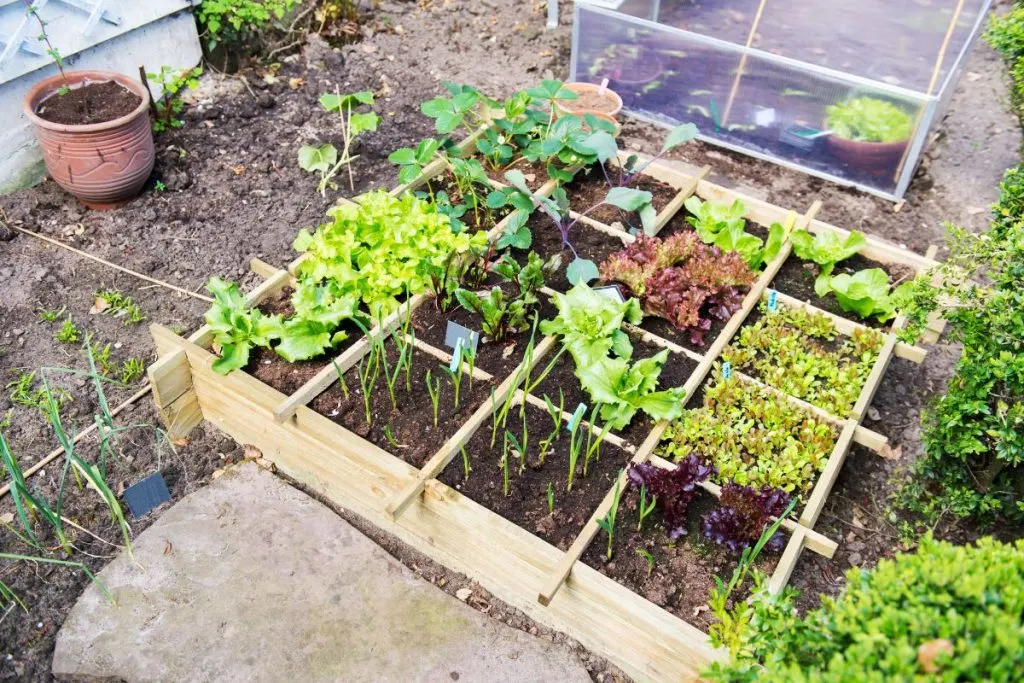
Remember when your mother told you to eat your veggies? Turns out she was onto something! Eating 5-10 servings of fruit or vegetables per day helps reduce the risk of disease.
There’s an unparalleled joy in picking a ripe tomato off the vine or harvesting fresh lettuce for your salad. This hands-on approach to nutrition not only guarantees freshness but also means you’re less likely to rely on store-bought produce that’s often overprocessed and laden with preservatives.
Consider your garden as your personal health club, offering a range of vitamins and minerals free of charge—save for a bit of elbow grease and sunshine. So dig deep, plant some seeds, and let your garden reward you with its bounty of health benefits.
4. Boosting Immunity: Sunlight’s Healing Touch
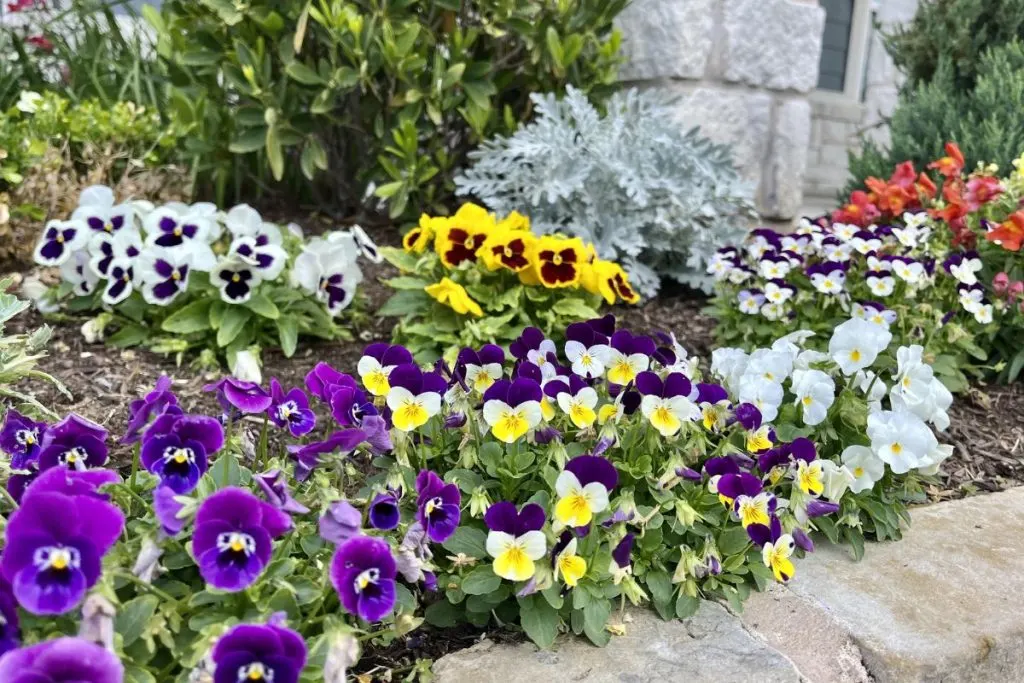
Basking in the sun while tending to your plants does more than make your garden thrive—it provides a generous boost to your immune system. Exposure to sunlight, which promotes the production of vitamin D, is essential for maintaining a robust immune defense.
Vitamin D is often dubbed the “sunshine vitamin” for its ability to bolster the body’s immune response. According to a study published in Scientific Reports, sunlight enhances the activity of T cells, vital players in the body’s fight against infections.
However, moderation is key, as too much sun can lead to harm, so always remember to slather on the sunscreen.
Taking care of your plants under the warm sun not only strengthens your garden but also fortifies your immune system, making you healthier and more resilient.
5. Attention and Focus: Nature’s Meditation
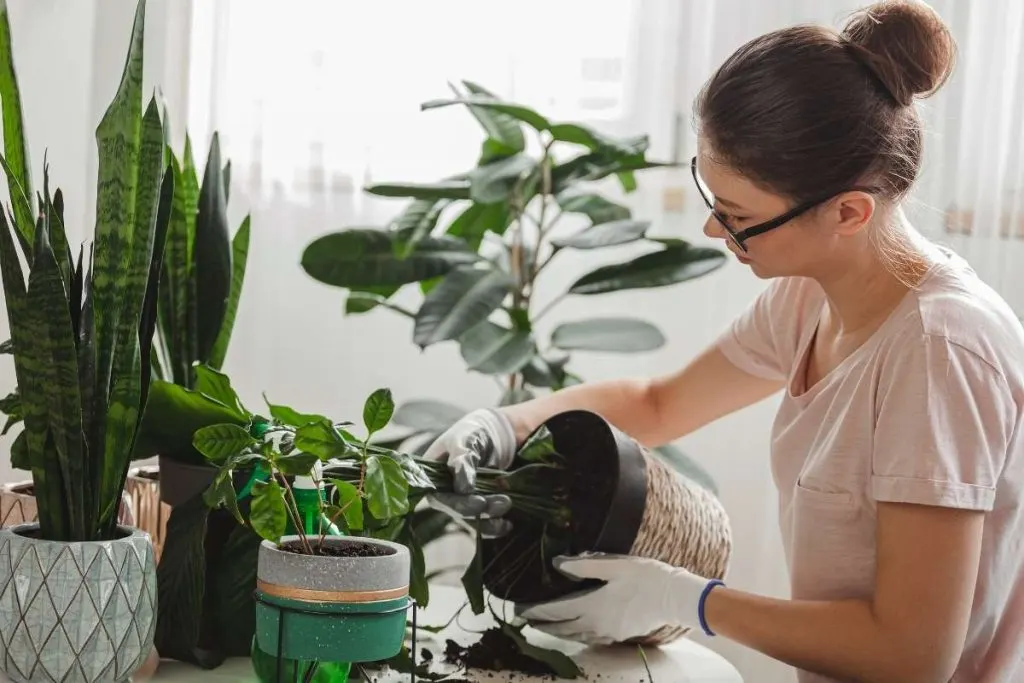
In our fast-paced, technology-driven world, maintaining focus can be tricky. That’s where gardening comes into play. This mindful practice demands patience and attention, honing your concentration skills as you witness the slow, steady growth of your plants.
There’s even research indicating that soil bacteria can enhance cognitive performance! A 2022 study revealed that exposure to soil enriched with Streptomyces rimosus significantly improved attention and cognitive functions in participants.
As you immerse yourself in your garden’s rhythms, you’re practicing a form of meditation, sharpening your mind, and fortifying your focus with every seed you plant.
6. Healing Through Gardening: Path to Recovery
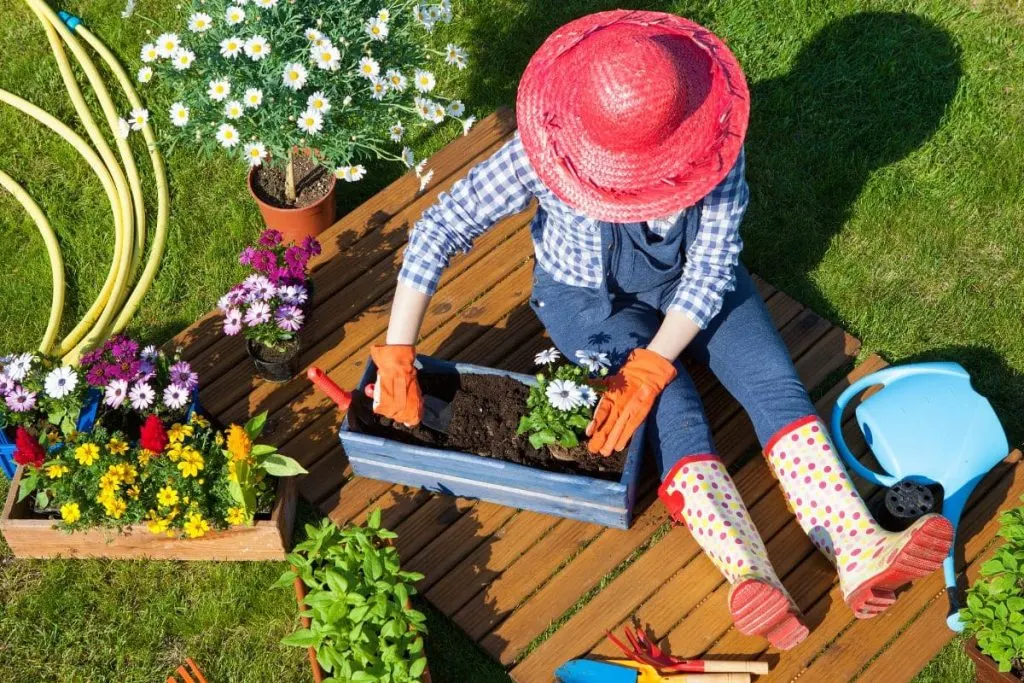
Gardening isn’t just a hobby; it’s a healing practice. Known as horticulture therapy, this approach uses plants and gardening to improve mental and physical health.
Research has demonstrated that engaging in therapeutic gardening can assist patients recovering from illness, encouraging engagement and motivation in the rehabilitation process.
For instance, a 2016 study found that stroke patients participating in gardening activities experienced enhanced motivation and engagement throughout their recovery.
The act of nurturing life serves as a metaphor for personal healing, fostering a sense of accomplishment and purpose.

